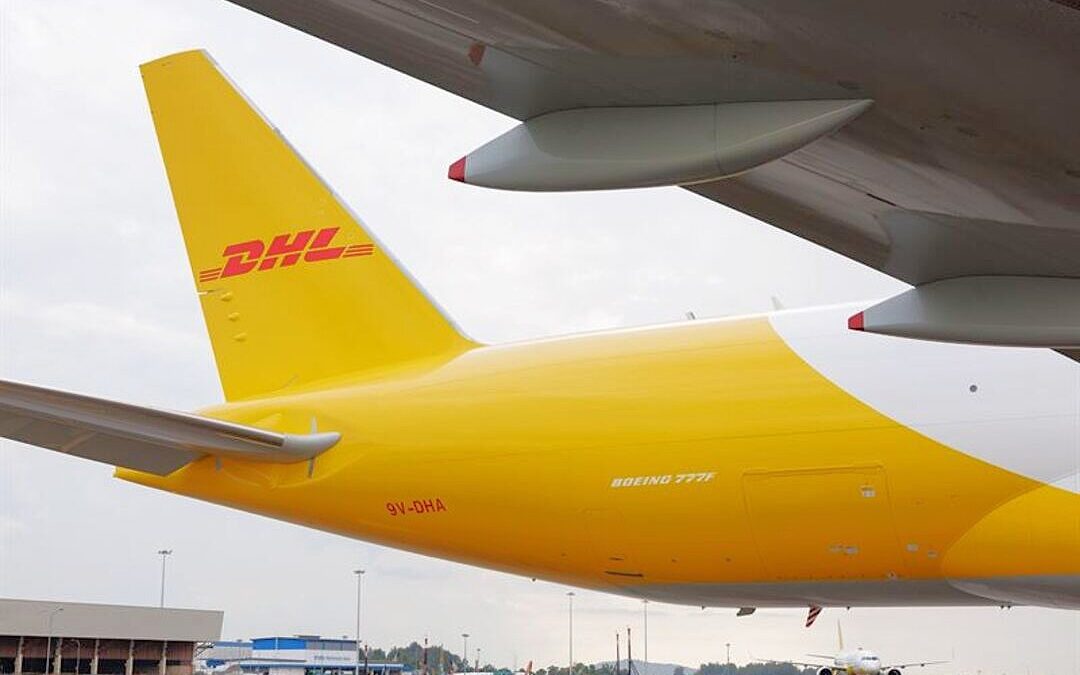DHL Expands SAF Use in Asia With Neste Deal at Singapore Changi Airport
DHL Express to power Changi air cargo flights using Neste’s sustainable aviation fuel in major Asia-Pacific decarbonization push.
DHL Express will begin using 7,400 tons of sustainable aviation fuel from Neste at Singapore Changi Airport starting July 2025, in what the companies say is one of the largest SAF deals in Asia’s air cargo sector to date.
The one-year supply agreement, running through June 2026, marks DHL’s first SAF procurement for its international flights from Singapore.
The fuel will be produced at Neste’s Singapore refinery, the world’s largest SAF production facility, and delivered directly into Changi’s fuel infrastructure.
SAF Utility Expansion
Neste will supply DHL Express with 9.5 million liters of unblended Neste MY Sustainable Aviation Fuel, which will be blended with conventional jet fuel and used for flights operated by DHL’s fleet of five Boeing 777 freighters.
The aircraft are based at DHL’s South Asia Hub at Changi and operate 12 weekly departures to destinations in Asia and the Americas.
The SAF blend will comprise roughly 35-40 percent of total jet fuel used for these flights, the companies said.
The move supports both DHL’s emissions reduction goals and Singapore’s national target to mandate the use of 1 percent SAF for all departing flights from 2026.
“This partnership with Neste to procure and uplift SAF for DHL Express’ international air cargo flights from Singapore is a significant milestone,” said Christopher Ong, Managing Director for DHL Express Singapore. “We are not just meeting industry standards but setting them.”
Neste Expands Regional Footprint
Carl Nyberg, senior vice president for commercial, renewable products at Neste, said the agreement reflects the company’s strategy to scale up SAF adoption through regional hubs. “We are excited to expand our cooperation with DHL to Singapore, a leading aviation hub in Asia-Pacific,” he said.
Neste currently has a global SAF production capacity of 1.5 million tons per year, which it aims to increase to 2.2 million tons by 2027.
Its SAF is made from renewable waste and residue materials such as used cooking oil and animal fat waste and can reduce life-cycle greenhouse gas emissions by up to 80 percent compared to conventional jet fuel, according to the company.
Wider Decarbonization Drive
DHL Express is one of the world’s largest users of SAF in the logistics sector. The agreement builds on a global partnership between the two companies to decarbonize both air and road transportation.
The deal is aligned with the Carbon Offsetting and Reduction Scheme for International Aviation, or CORSIA, a global framework to cap net CO₂ emissions from international flights.
SAF is certified for use in commercial aviation and can currently be blended up to 50 percent with traditional jet fuel. It is considered one of the most immediate tools available to reduce emissions in the aviation industry.
Also Read:
FedEx Begins 1st Major US Sustainable Aviation Fuel Deployment at LAX
Nirmal Menon
Related posts

Subscribe
Error: Contact form not found.


